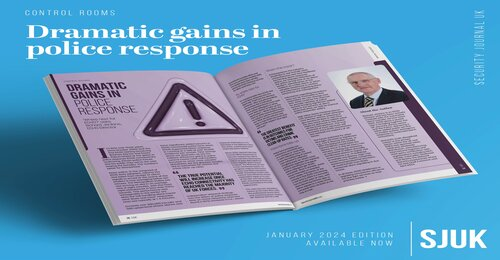From April 2020, Alarm Receiving Centres (ARCs) with alarm connections to their police control room will be required to be using the system.
In a letter to ARCs responsible for monitoring a significant number of remote signalling systems installed in the district, Essex Police are communicating in advance of the deadline to ensure that centres are confident that they will be in a position to transmit alarm activation signals to the Force's Control Room from 1 April.
Essex Police already has the ability to accept electronic transfer of alarms and currently almost half of the calls passed to the Force Control are received in this way. With effect from 1 April 2020, telephone calls requesting a police response to IAS and Hold Up Alarms may result in a delay or may not be accepted, as they expect alarm activations to be delivered electronically and in accordance with NPCC Policy.
The aim of ECHO is to deliver a centralised, fully automated electronic call handling service to reduce the pressure on the emergency services and ARCs by reducing their call handling times and errors that can occur from a manual response handling.
Following discussions between the National Police Chiefs Council (NPCC) and the private security industry that took place in 2015, the decision to implement electronic transfer was agreed. As a result, the NPCC set the date of 2020 for all ARCs to be operating on an electronic platform.
Security Systems Manager, Stu Bowman, Essex Police, said: “Electronic transfer benefits the alarm user, industry and police service by eliminating communication errors or delays, providing a quicker police response. ECHO is able to provide the necessary hub to accept activations from alarm receiving centres and re-direct signals to the responding Force.
“Electronic transfer will also assist control room staff to identify calls from unaccredited monitoring companies that are not entitled to request a police response.”
David Wilkinson, Director of Technical Services, BSIA, and Director, ECHO, said: “I am delighted that Essex Police are working with ARCs to achieve the 1 April deadline. Pilot schemes have proved that ECHO will improve efficiencies and it is encouraging that a number of alarm companies and police forces are now accepting electronic transfers.”





